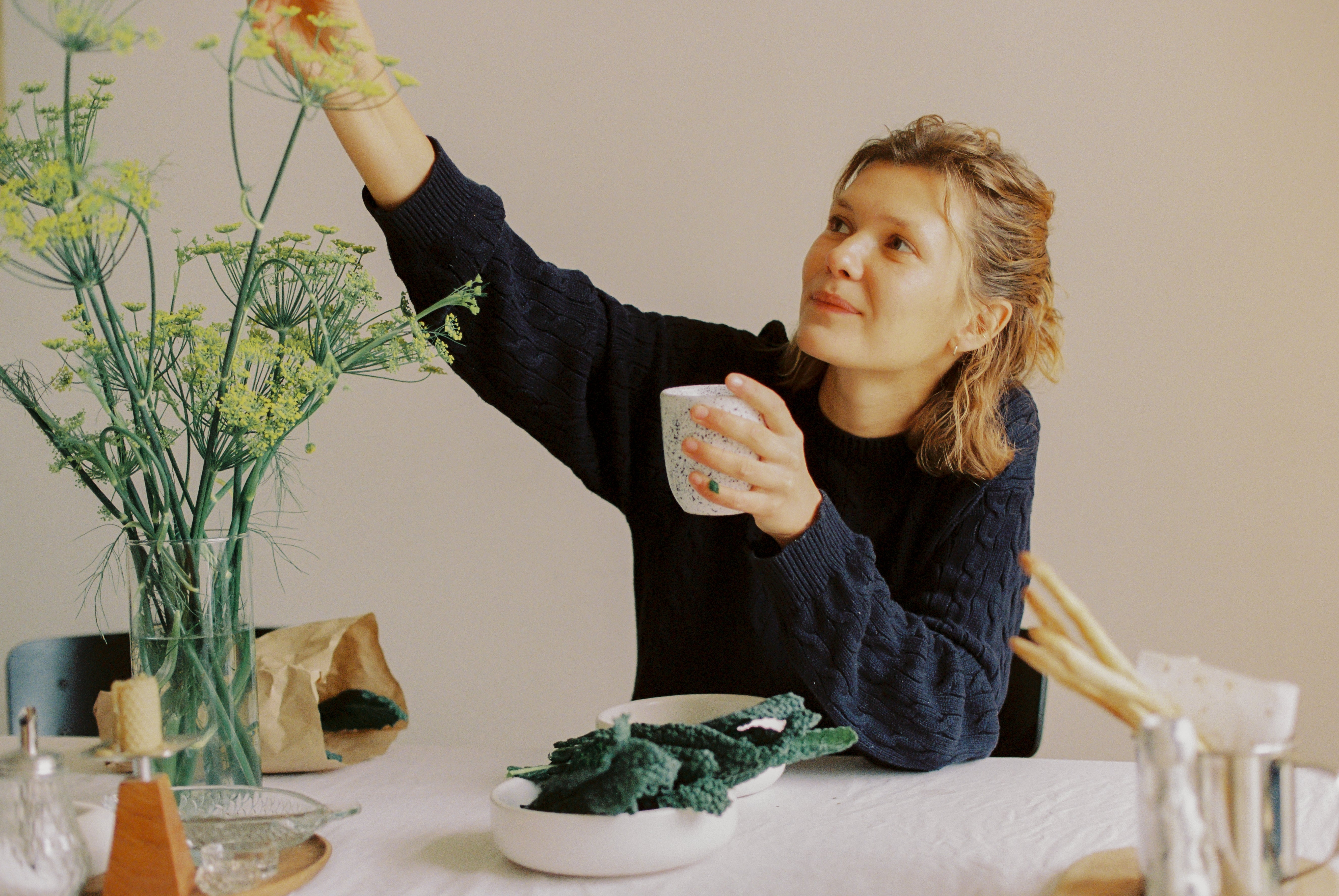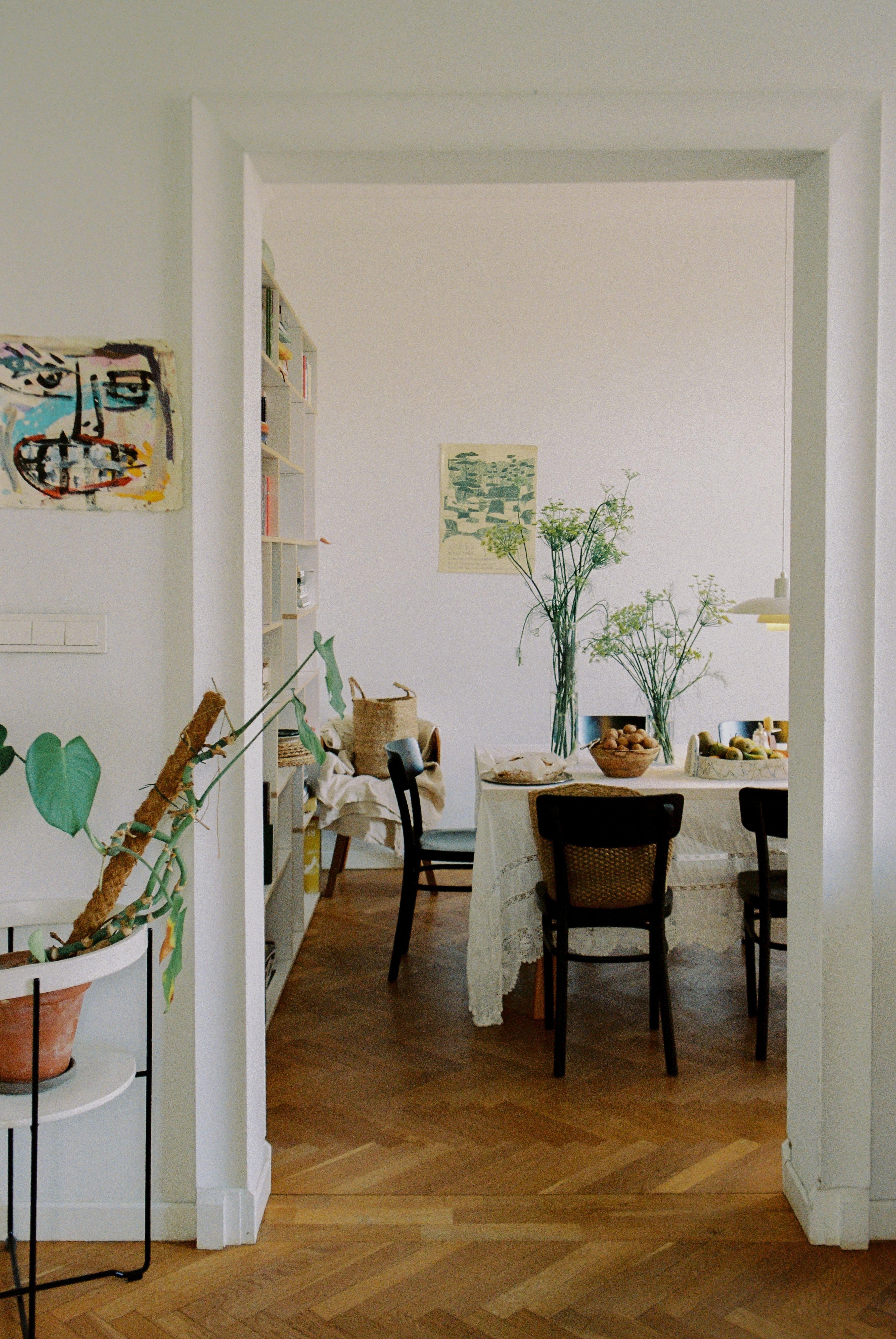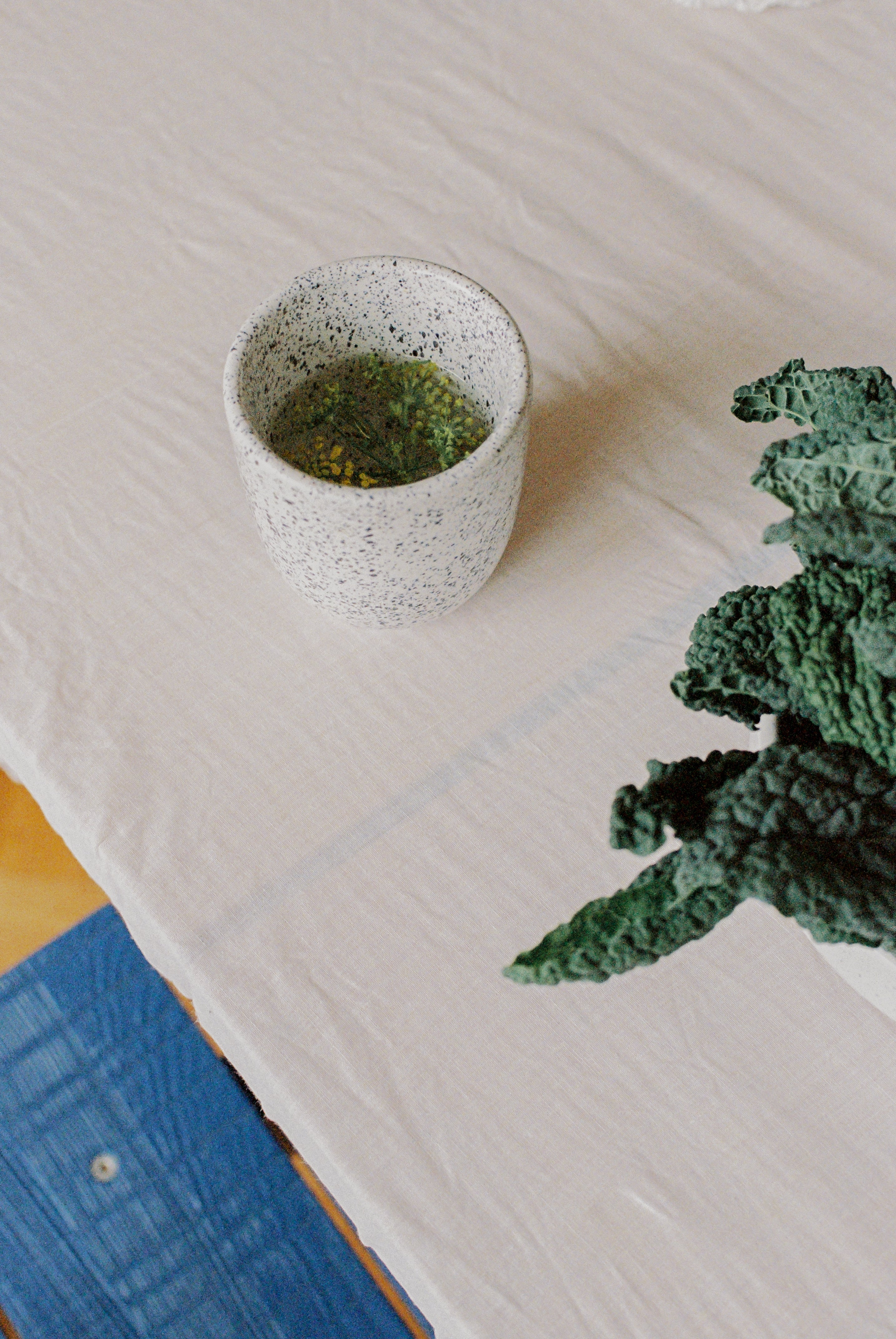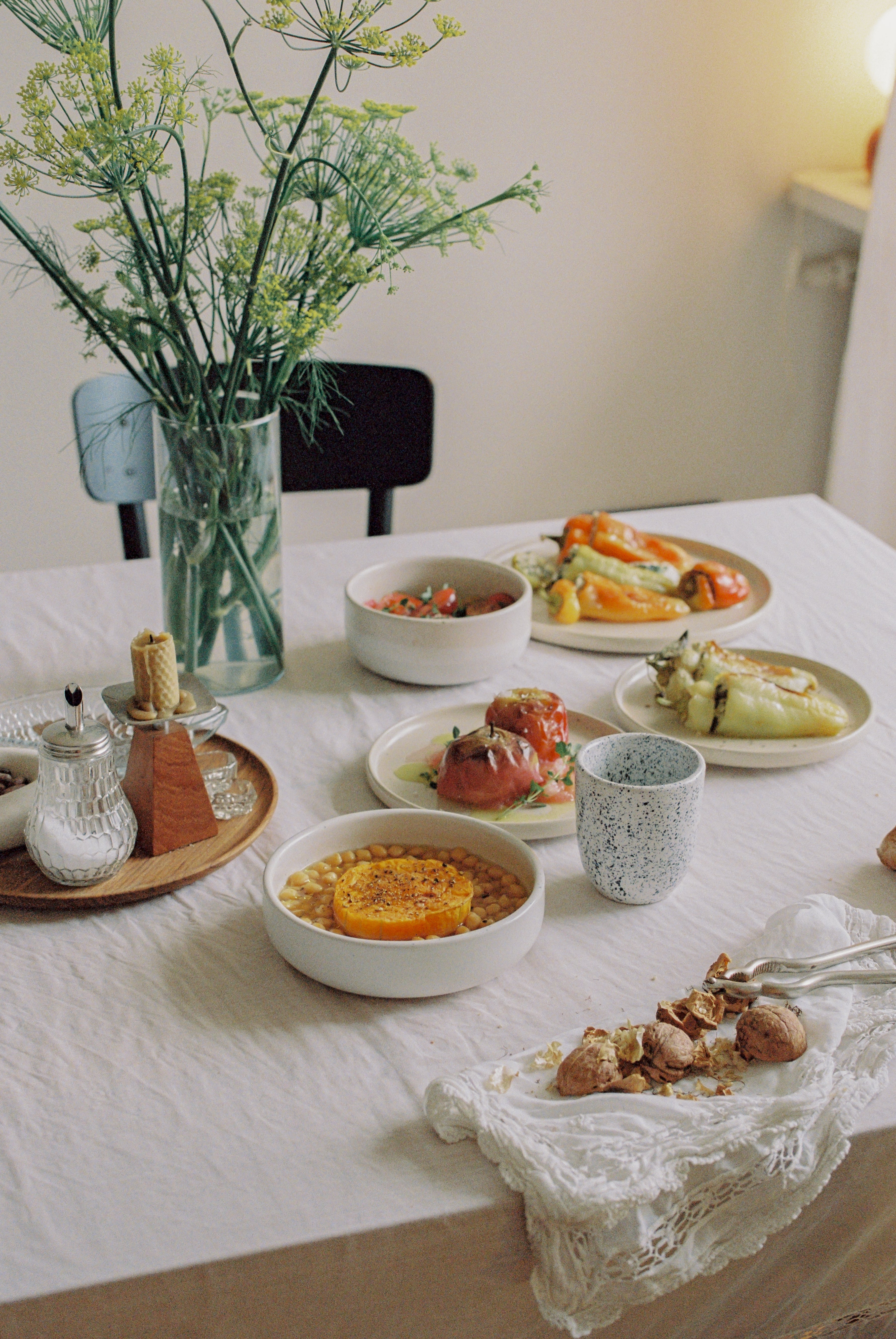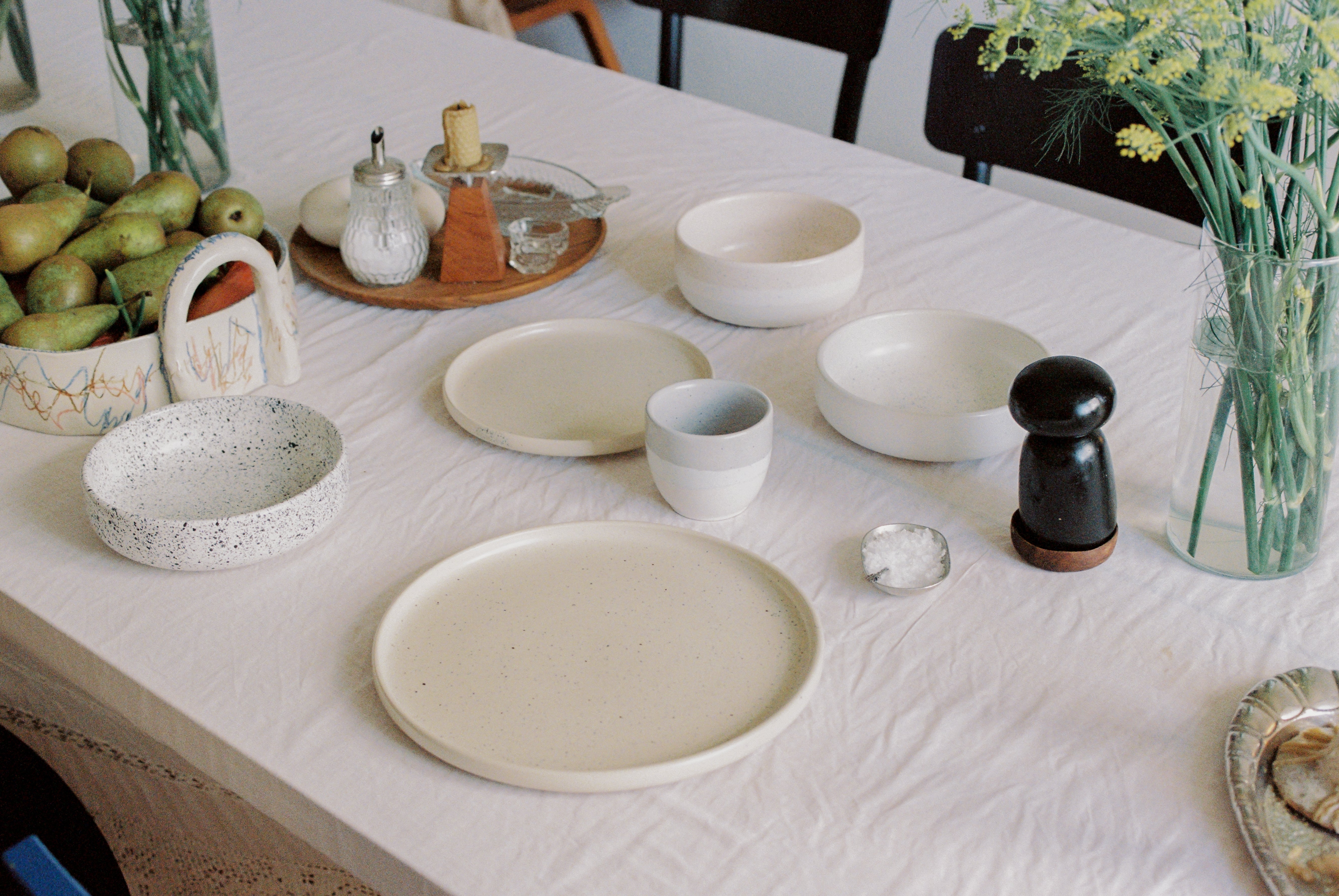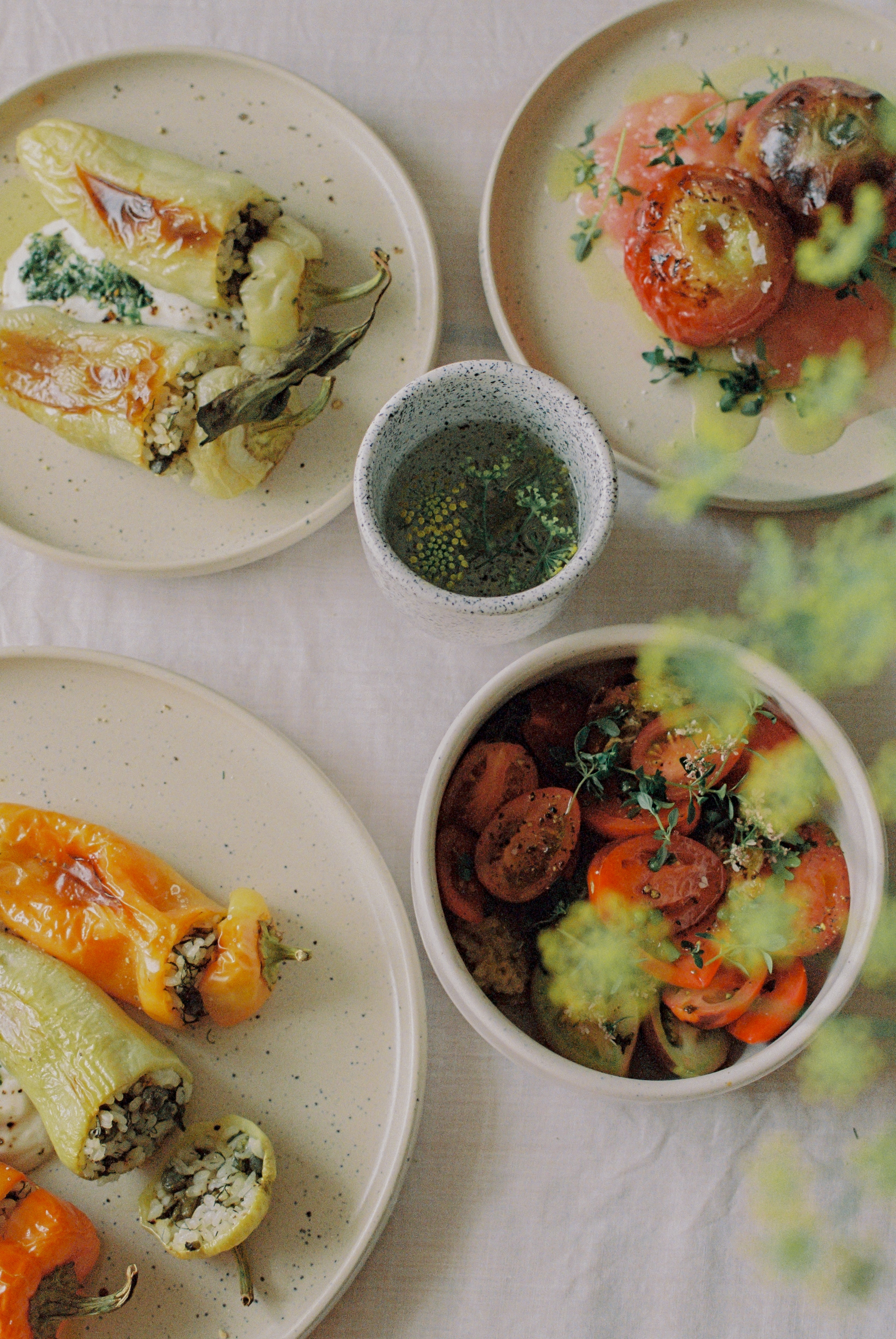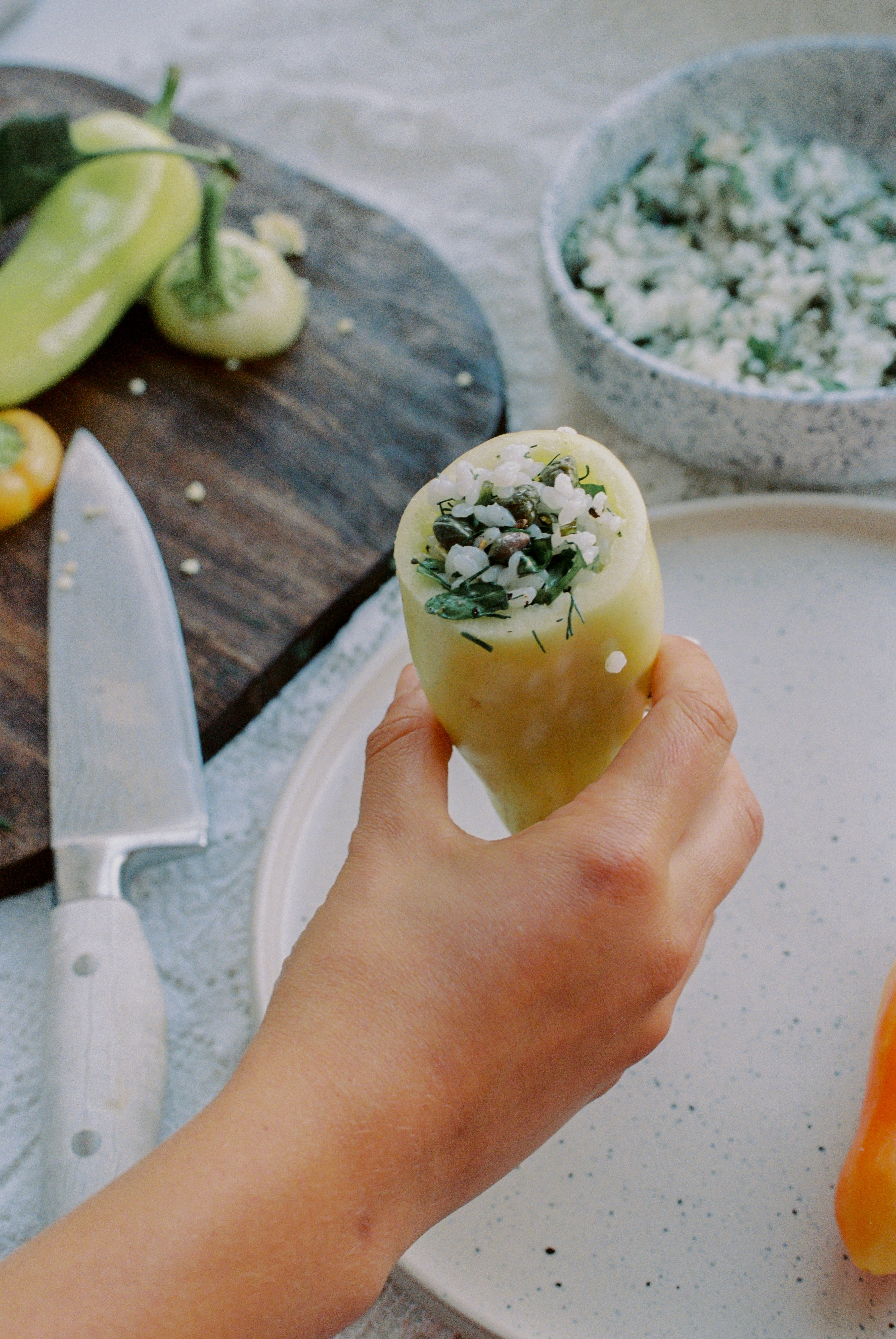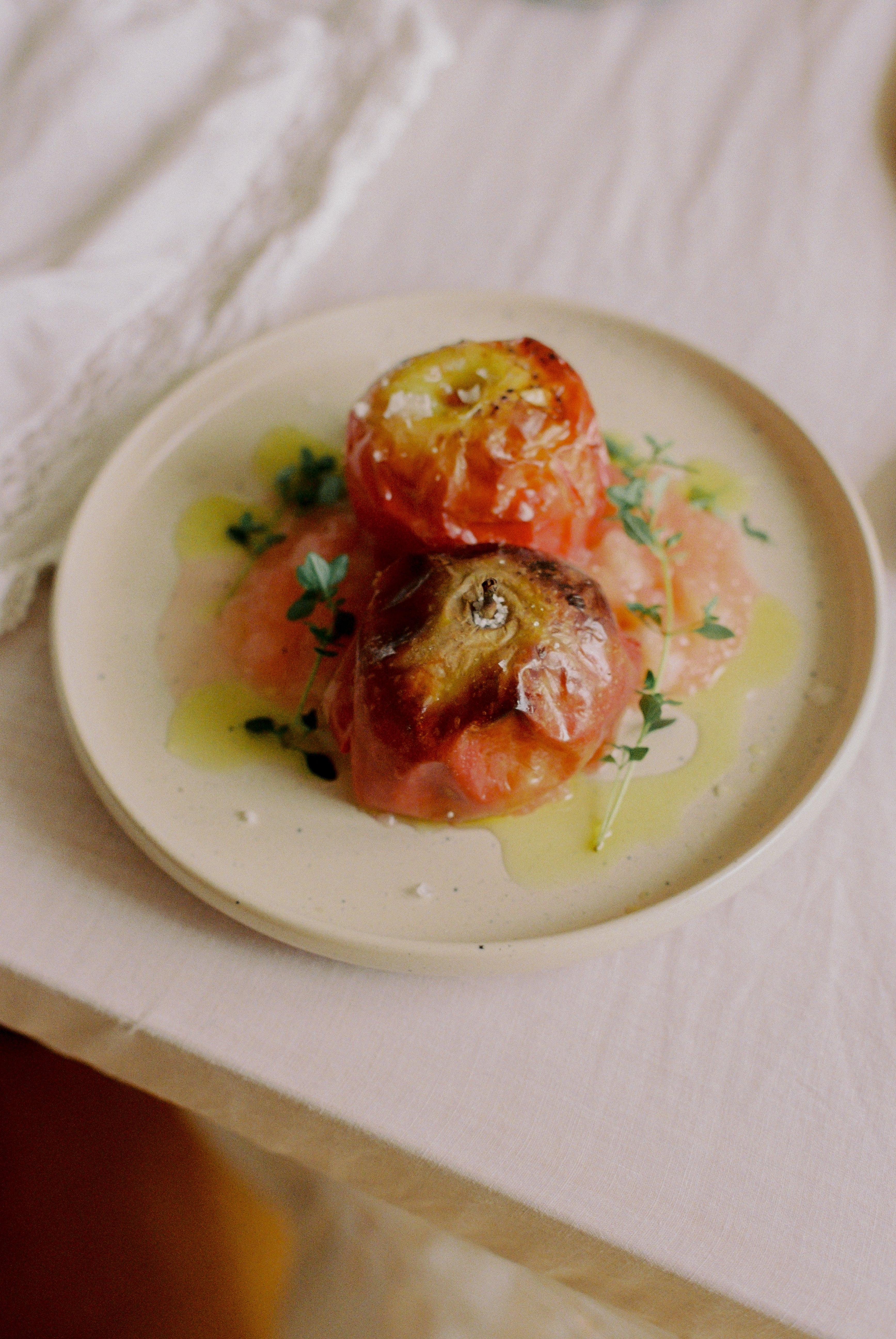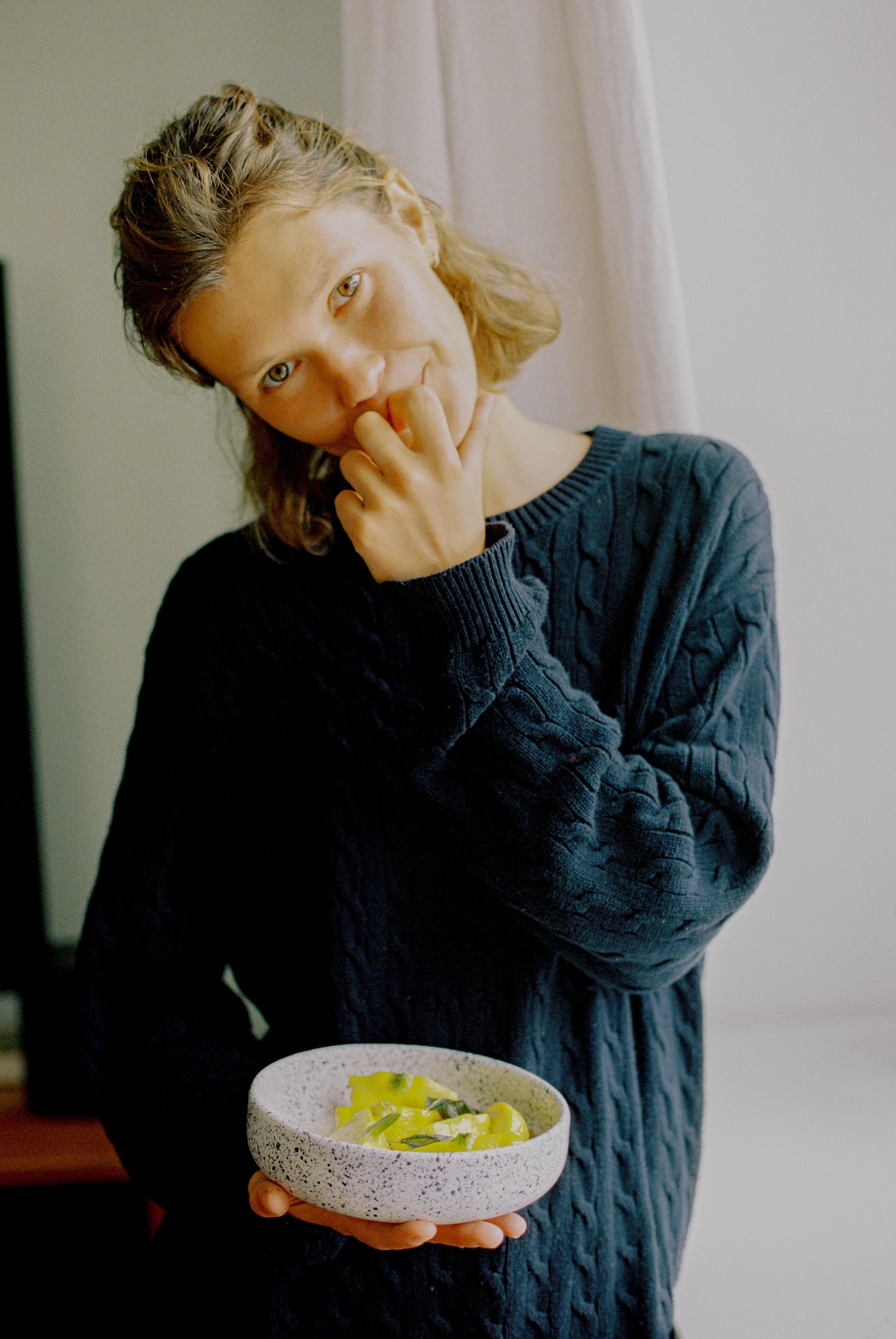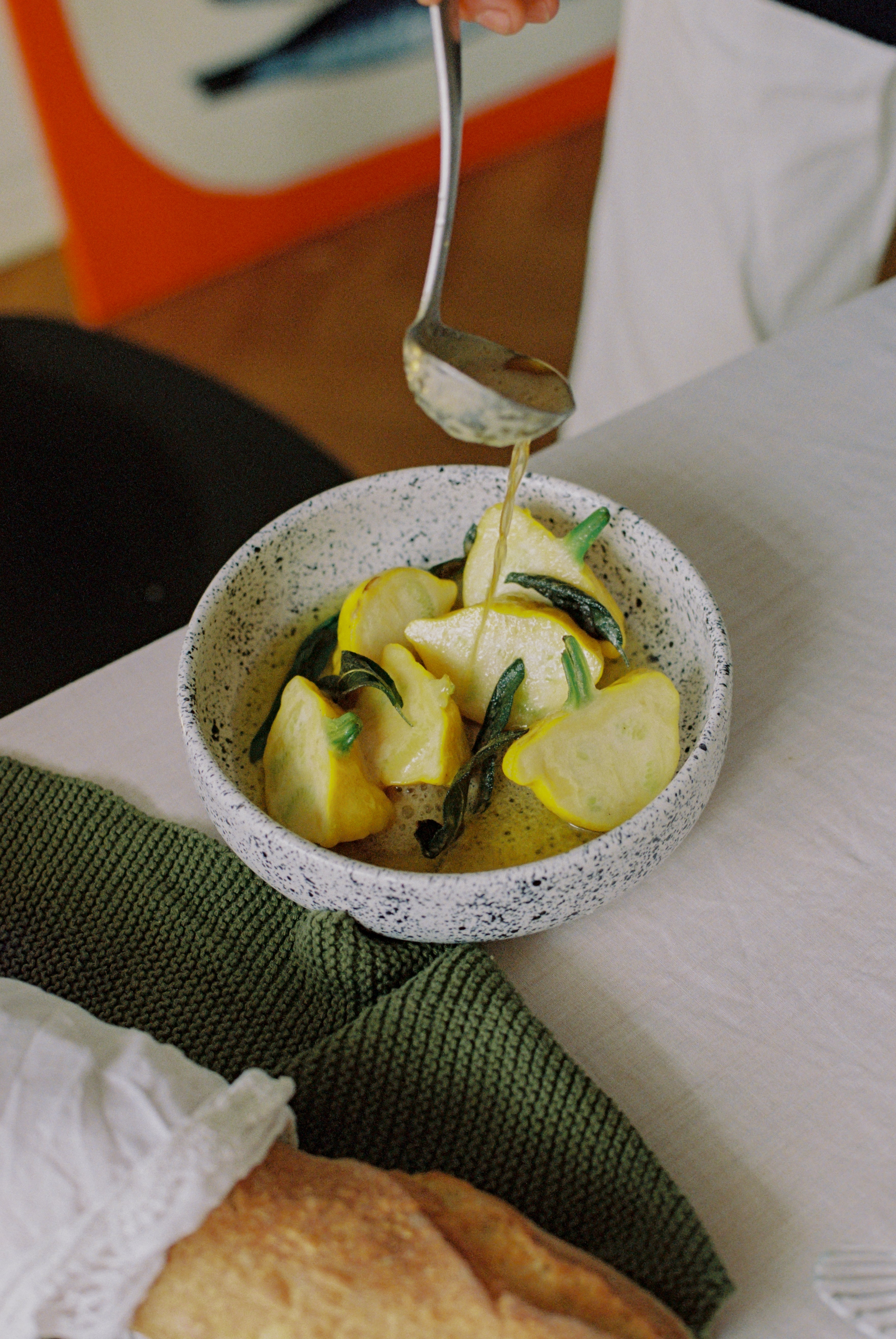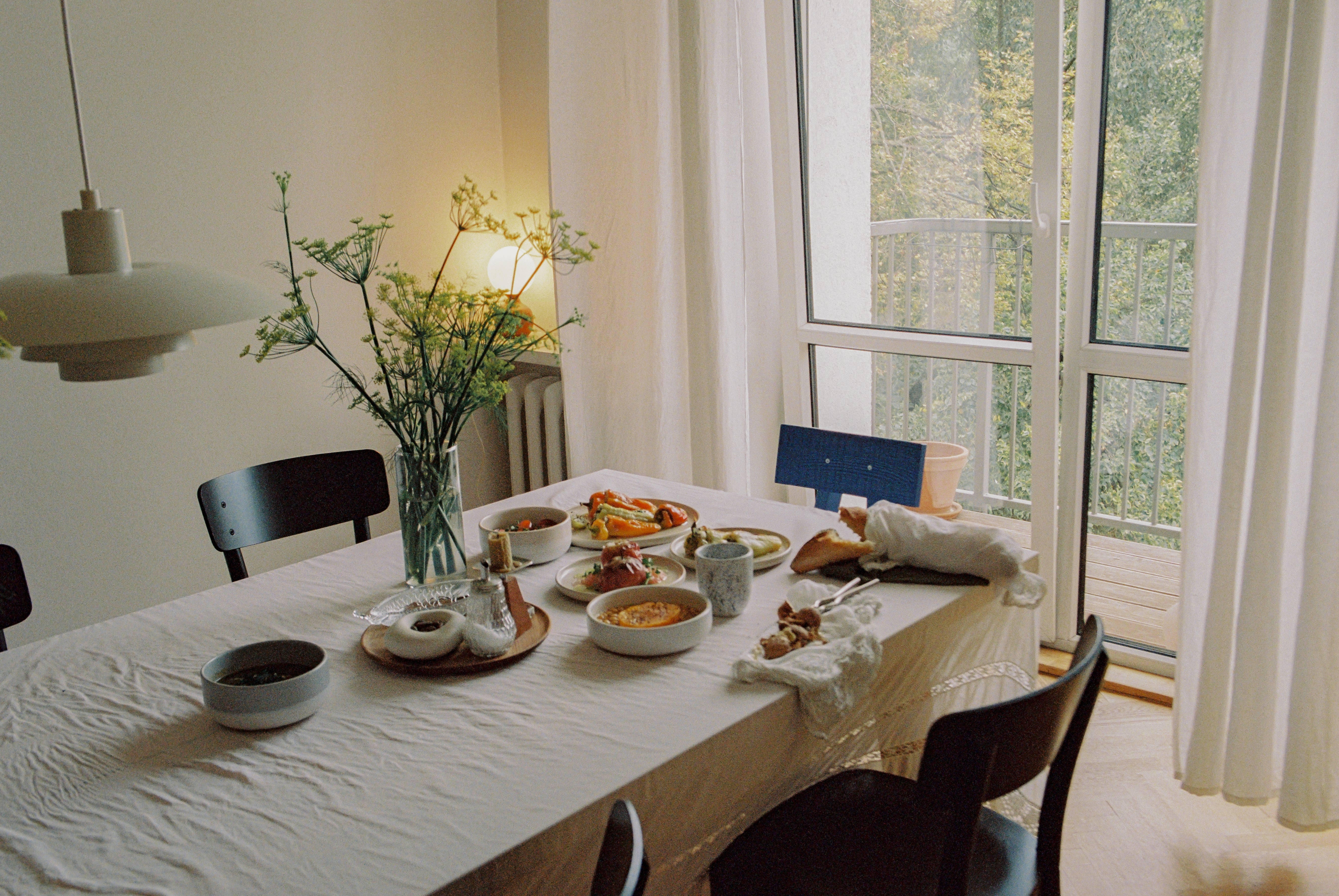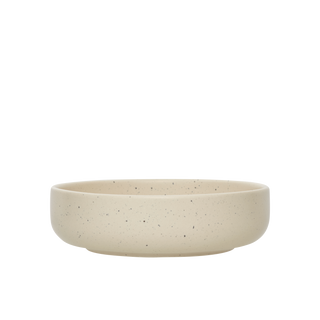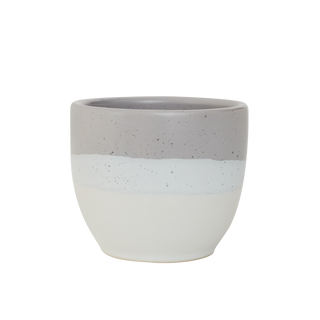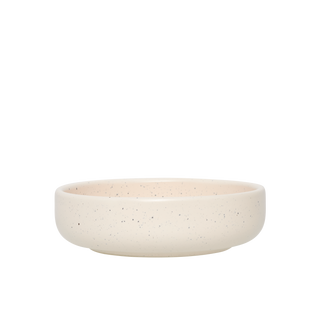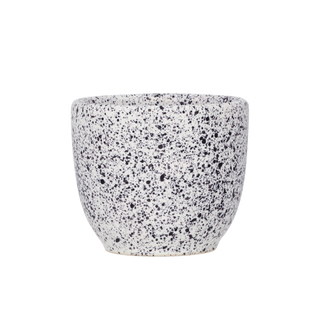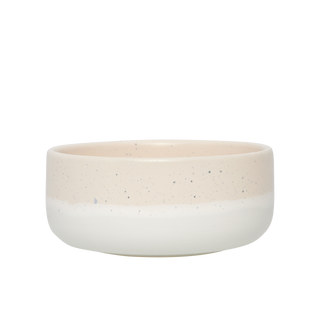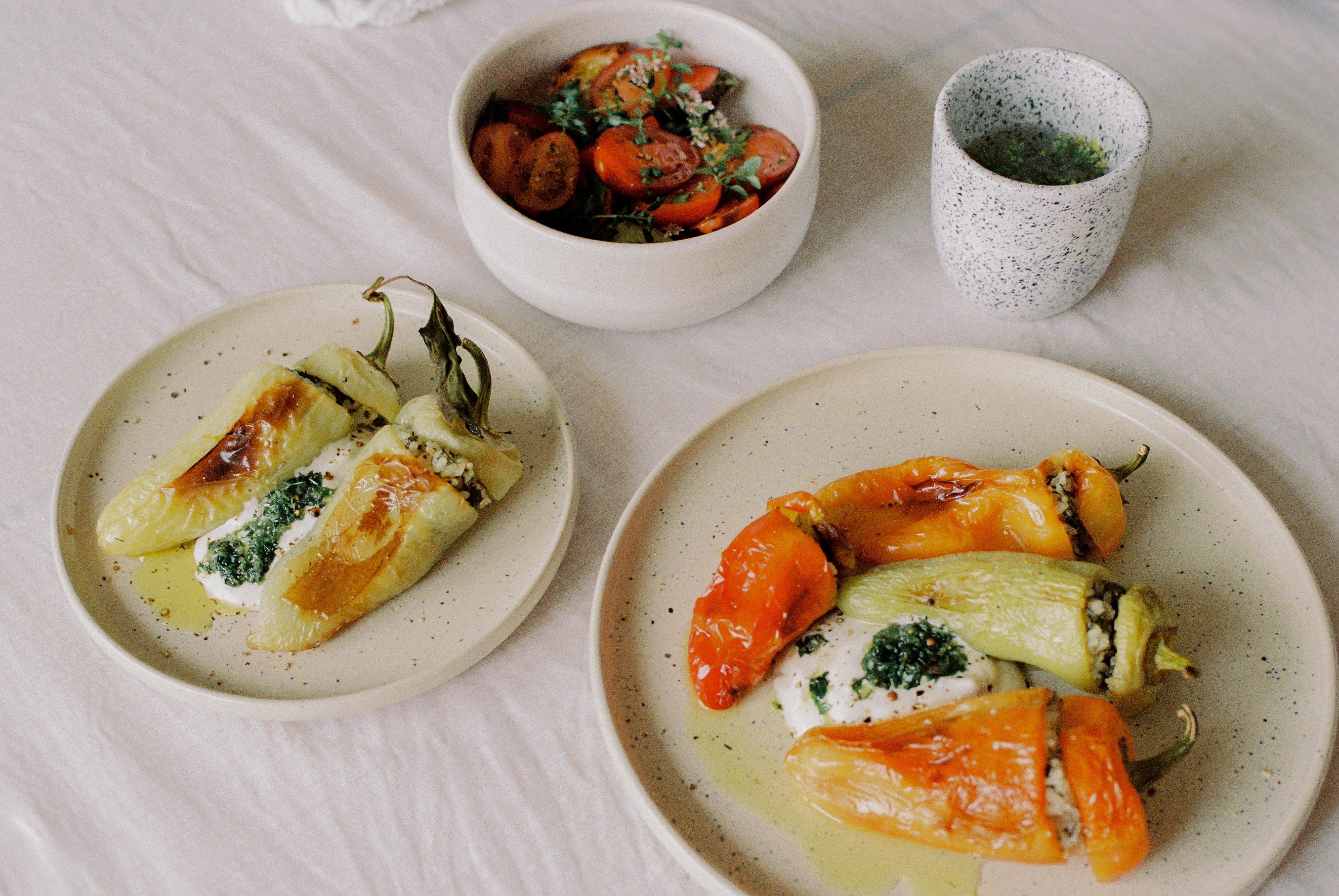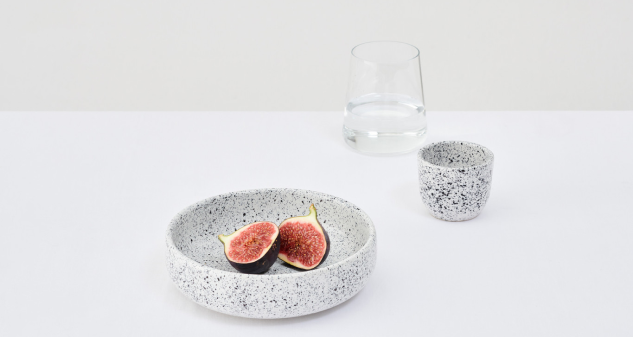ÅOOMI Home Stories — Ola Szwalek
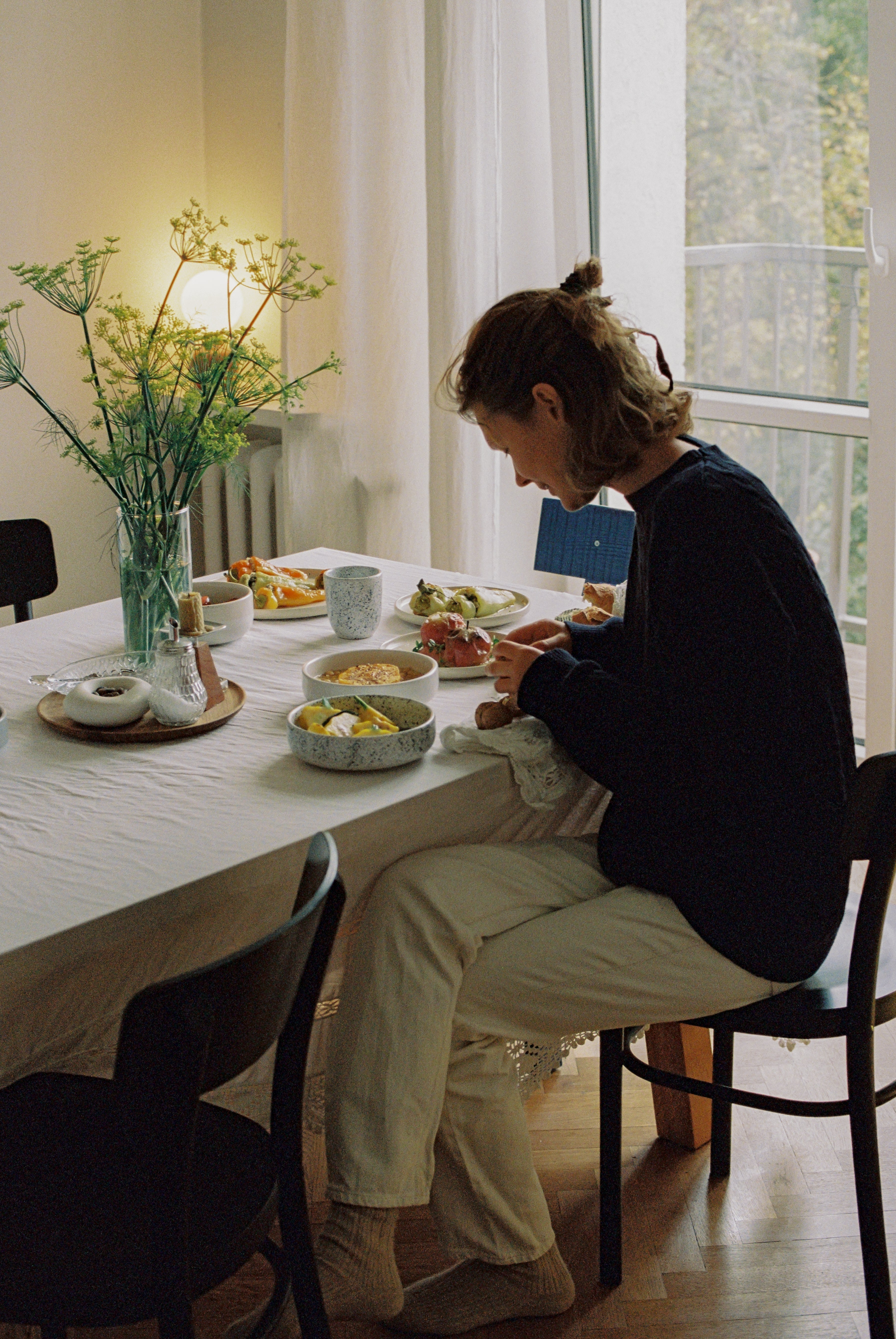
Always in nature. I spend a lot of time in a forest, on a farm, searching for ingredients in the meadows and on farmlands. I can never stop myself from trying something straight from the soil, which not always ends well... I usually don’t go to restaurant, but when I travel, I always try local food: from a local man, who has been grilling fish for the last 40 years or from the farmer whose everyday lunch is raw vegetables with his own olive oil and salt. I visit cooks after work and I try food that they cook outside of the restaurant. I visit markets.
Do you have any all-time favorites products you use for your cooking?
Good olive oil and salt. In that order! These are for me the essentials that always travel with me in pocket versions. Other favorite products change seasonally as I go through different phases. Last year it was fresh marjoram and this year it’s freshly pressed rapeseed oil. And for the last few weeks, I have been absolutely obsessed with fresh, still wet walnuts.
What is a plant-based diet for you and what’s the most interesting part of cooking vegetables?
Select for yourself:
-
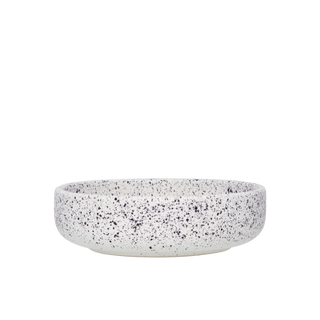 Sold outSold out
Sold outSold out -
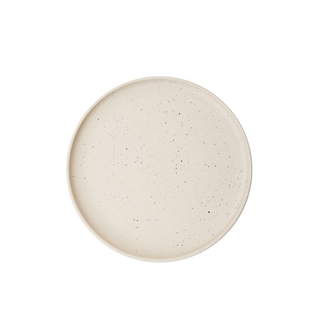 Sold outSold out
Sold outSold out -
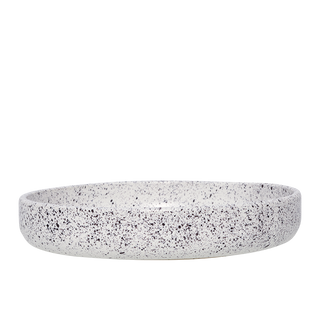 Sold outSold out
Sold outSold out -
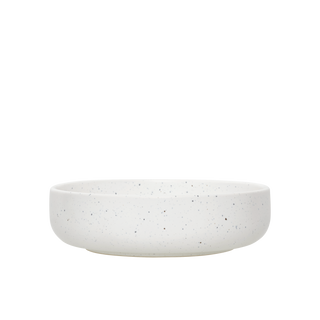 Sold outSold out
Sold outSold out
READ MORE:
-

ÅOOMI in the world — No Name Coffee Lab, Granol...
Tucked away in the charming town of Granollers, No Name Coffee Lab is more than just a café—it’s a passion project, a meeting place, and the first specialty coffee spot...
ÅOOMI in the world — No Name Coffee Lab, Granol...
Tucked away in the charming town of Granollers, No Name Coffee Lab is more than just a café—it’s a passion project, a meeting place, and the first specialty coffee spot of its kind in the area. While high-quality coffee has long been a staple in nearby Barcelona, this cozy café is introducing the local community to carefully sourced and expertly...
-

ÅOOMI in the world — Origo Bakery, Barcelona
In this ÅOOMI in the World feature, we visit Origo Bakery, a Barcelona-based bakery founded by François de Halleux. We spoke with him about his journey, the vision behind Origo,...
-

ÅOOMI Home Stories — Agnieszka Owsiany
We visited artist Agnieszka Owsiany on a cold December day, and talked about her inspirations and creative practice over a hearty vegetarian meal she prepared.
